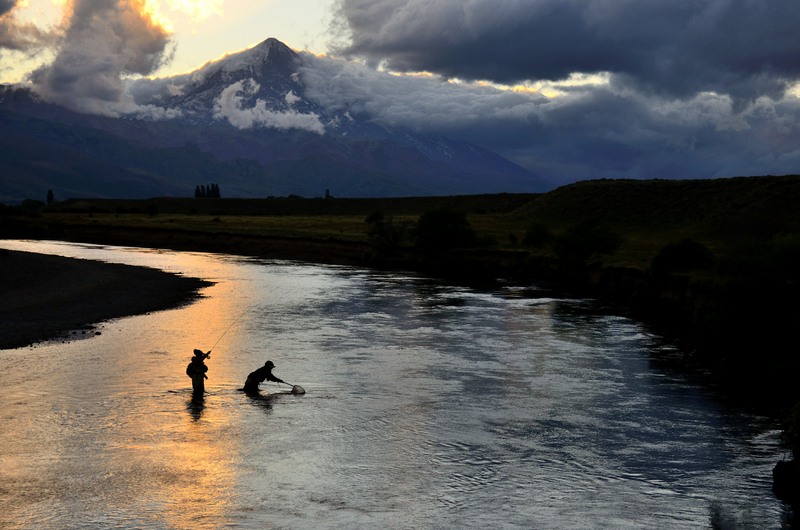International Rivers celebrates the historic advisory opinion delivered by the International Court of Justice on the obligations of states concerning climate change. This landmark ruling marks a pivotal moment in international environmental law and climate justice, affirming the urgent and existential threat posed by climate change and underscoring states’ legal duties to protect the environment, the climate system, and human rights. We congratulate all those involved in the long campaign to bring this measure forward, including the Pacific Island Students Fighting Climate Change (PSIFCC), who spearheaded it, and the States and many others who supported it.
The ICJ’s ruling, emphasizing that inaction on climate change could constitute a breach of international law, provides an important legal compass for governments worldwide:
- It unequivocally affirms the universal human right to a clean, healthy, and sustainable environment, recognizing it as foundational for the enjoyment of all other human rights.
- The opinion clearly articulates that states bear responsibility for regulating the activities of emitting and polluting companies within their jurisdiction, underscoring their legal duty to prevent harm caused by private actors.
- It highlights the indispensable role of science and scientific evidence in informing climate policy and environmental decision-making, reinforcing that legal obligations are grounded in the latest scientific consensus. It also underscores the critical importance of Indigenous and community traditional knowledge.
- Crucially, the opinion provides an authoritative legal tool for communities, advocates, and civil society organizations on the frontlines of climate and environmental struggles, empowering them to pursue accountability and justice.
As International Rivers, we emphasize that, in line with this ruling, genuine climate solutions must prioritize human rights, protect biodiversity, and empower river-dependent communities. This includes a critical re-evaluation of projects often mistakenly promoted as “green.”
Hydropower dams, despite often being touted as “clean energy,” are a false solution to the climate crisis. They violate human rights by displacing Indigenous Peoples and local communities, disrupting traditional livelihoods, and undermining access to water and food. They threaten biodiversity by fragmenting vital freshwater ecosystems, blocking critical fish migration routes, and destroying the natural resilience of rivers. Furthermore, the reservoirs behind dams can contribute significantly to greenhouse gas emissions, particularly methane, thus exacerbating the very crisis they claim to solve.
We urge governments, financiers, and companies to respond to this opinion with concrete and ambitious action. This includes adopting legally binding commitments to drastically reduce emissions, ending fossil fuel subsidies and climate finance for hydropower, upholding the rights of affected communities, and ensuring robust climate finance for vulnerable nations.
Further, they must channel funds away from destructive hydropower projects and towards truly sustainable, equitable, and just energy alternatives. A just energy transition must respect the rights of all communities, champion gender equity, and defend environmental defenders. Healthy, free-flowing rivers and empowered communities are essential foundations for building a climate-resilient future where both people and nature can thrive.

